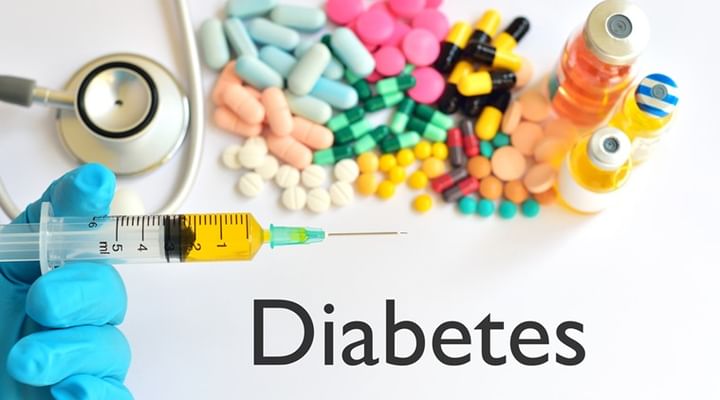Get the App
For Doctors
Login/Sign-up
Last Updated: Oct 23, 2019
BookMark
Report
Reduce the Risk
Reduce the Risk:
Diabetics can take a few measured steps which can reduce the risk of suffering a stroke.
- Control extra weight. High abdominal fat leads to an increased production of bad cholesterol, which saturates the blood vessels. This blood gets deposited on the inside of the blood vessels; thus leading to an increased risk of forming blood clots in the body. On the other hand, HDL (good) cholesterol works to remove deposits from your blood vessels. So, maintaining good cholesterol is important to reduce your risk of a stroke.
- Follow a heart-friendly diet at home. Some simple steps at home can help you achieve this goal. Make an attempt to control your bad cholesterol with a high intake of fibre-rich foods. There are many daily consumption food items which are a rich source of fibre. Oats, whole-grain breads, including your whole-grain flours and cereals, peas, fruits, and vegetables will increase your routine dose of fibre. Take small steps to gradually increase the amount of fibre in your digestive system.
- Quit smoking. Smoking can prove hazardous for people with diabetes. It leads to further clogging of arteries by narrowing down the blood vessel. Consult a doctor to help you quit smoking if you are a chain smoker.
- Stay fit, healthy, and hearty. Exercise regularly to pump more blood. The ideal LDL level is less than 100 mg/dl.
- Drink responsibly. Limit the amount of alcoholone drink per day for women and two drinks a day for men. Continuously monitor your blood pressure, and take the doctor’s advice to keep it under control if it’s high.
- Say no to saturated fats. They raise your cholesterol level. Saturated fats are most commonly found in meats, butter, fatty dairy products, food cooked in coconut or palm oil. Consult a dietician to monitor your daily intake of saturated fat. Also, don’t binge on fast food as they are high in saturated and trans-fats. Also, restrict your appetite of cookies, snack foods, fried foods, baked goods and popcorn, as they are a source of increasing cholesterol level in the body.
- Regularly consult your doctor. You need to stay in touch with your doctor regularly to monitor your diet and other lifestyle aspects too. Insulin and other diabetes medications and pre-medications for a diabetic and are important to control your blood sugar levels. However, the effectiveness of these medicines hugely depends on the timing and size of the dose. A regular medical checkup is recommended to avoid any abnormality. Also, other medicines you take to treat conditions other than diabetes may affect your blood sugar level.



+1.svg)
